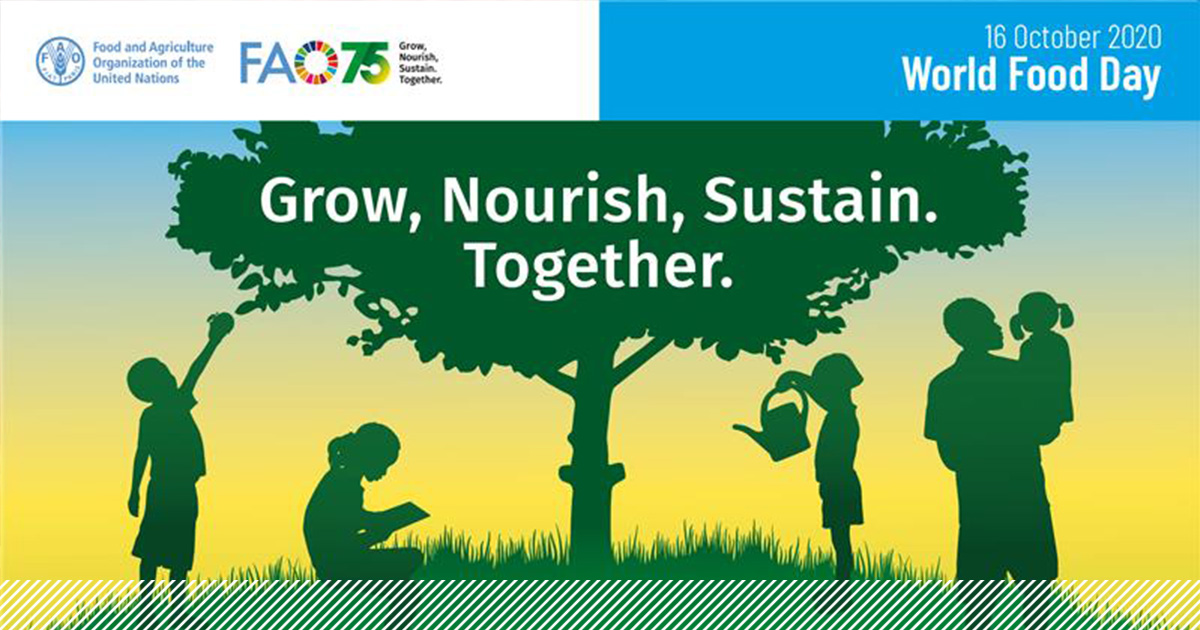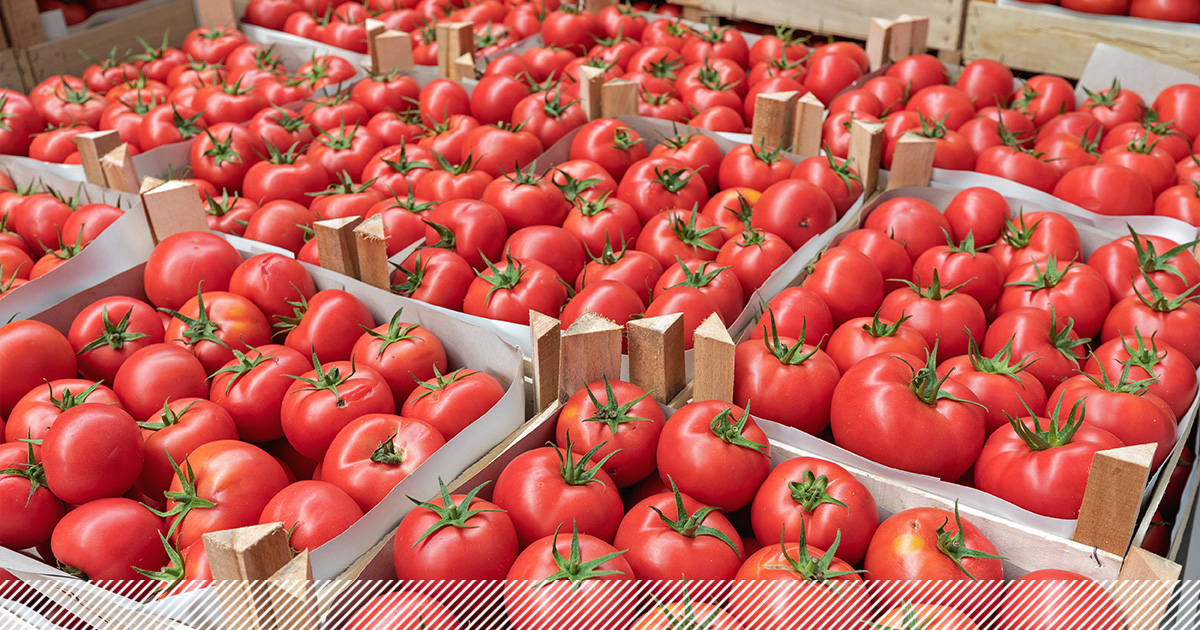Food Waste Intelligence

Waste 360's Nothing Wasted Podcast sat down with Leanpath Co-Founder and CEO Andrew Shakman to discuss food waste as a "nexus issue": the fact that when you prevent food waste, you also prevent other bad things from happening. Food waste prevention reduces greenhouse gas emissions, it stops fresh water from being squandered growing food that only gets wasted, and it leaves valuable resources in the food system for those who are food insecure. It's a big deal. Hear Andrew elaborate on this and other topics. Go straight to the podcast h...
Read More >>Topics:
Sustainability
Leanpath is proud to announce the evolution of food waste prevention technology. Impact Suite is a powerful new set of tools that go beyond tracking food waste to actually guiding kitchens through specific actions to reduce their largest food waste issues.
Read More >>
It is an exciting and eventful time in the food space. In September, we celebrated the first International Day of Awareness of Food Loss and Waste, which brings further awareness to the scale of the global food waste challenge and urges individuals to take action to stop food waste “for the people, for the planet.” And on 16 October, we celebrate another very special day on the calendar – World Food Day.
Read More >>
Healthcare is the most complex foodservice segment by far. Most have some mix of retail foodservice, catering, physician dining, other services like day care, and, of course, patient feeding with its clinical demands. Perhaps as a result of the complexity, healthcare foodservice, compared to other segments, also sees the highest rates of food waste, based on Leanpath data.
Read More >>Topics:
Food Waste Strategies
All facets of the foodservice industry have been affected by COVID-19, including food suppliers. The vendor partners we get our meats, seafood, and produce from are also seeing significant challenges as demand for products has reduced and supply in some areas is excessively high. The problem is, because demand is reduced, suppliers have more product on hand. This can sometimes lead to deliveries coming later in the window of freshness, which increases the risk of food waste. This is creating two issues: one, kitchens have to retrain t...
Read More >>